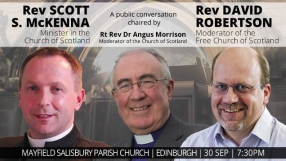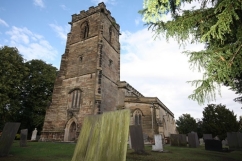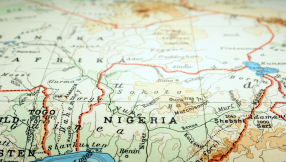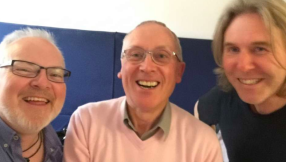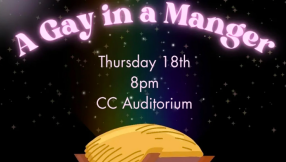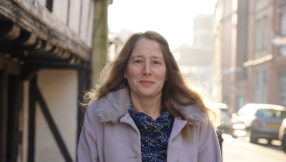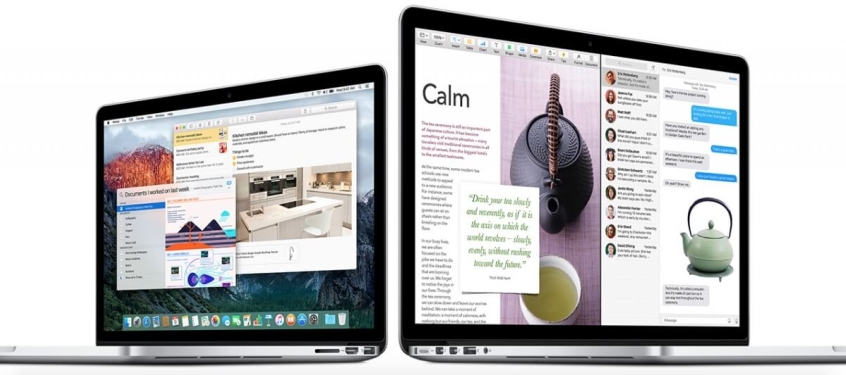
It's been creeping into our public life for years. Some of it has come from overseas but we have our own homegrown versions too.
It's a religion that many of us find hard to understand and in its most extreme forms, it's repressive, demeans human dignity and leads to horrendous consequences.
What is this faith through which so many of our decisions are now made, before which we're all made to bow and opposition to which will get you branded as small-minded and backward-looking?
The religion is called 'choice'.
Choice has become the prism through which we're supposed to view all our decisions. Don't believe me? Here's what David Cameron told the House of Commons this week when asked about Sunday Trading laws: "You've got these restrictions on opening hours for many stores...I think it's time to modernise our approach to give families more choice..."
Essentially, the Prime Minister is suggesting that if some people want to be allowed to shop all day on a Sunday they must be allowed to. On the surface, this sounds reasonable. Sunday is a day like any other, goes the argument, so we should be free to shop as much as we like. However, one person's choice affects another person's ability to make a choice. So, in this case, as soon as big shops are allowed to open all day on Sundays there will be pressure on employees to work an eight hour shift, or longer.
The choice for me to be able to shop for a new TV at 9pm on a Sunday means that someone who works in that shop doesn't have the choice to spend time with their family.
Advocates say employees could choose to work somewhere else – in a job that doesn't require Sunday working, for example. But this is simply unrealistic. Many working in retail jobs won't just be able to choose to work elsewhere.
So for Cameron, choice is king. But it isn't just the Conservative leader who's made this appeal. In fact, his Labour predecessor Tony Blair was obsessed with choice. It became one of the most oft-repeated words of his tenure as Prime Minister and the engine which generated much of his policy.
In one key speech in 2003, Blair used the word 'choice' an astonishing 31 times.
"Specialist schools increase choice for parents and pupils...So too with the health service...We are expanding choice for patients...choice for all patients everywhere," he said.
Warming up to his theme, Blair made a passionate case for choice as a driver of equality. "Extending choice – for the many, not the few – is a key aspect of opening up the system in the way we need. It is choice with equity we are advancing...Choice and consumer power as the route to greater social justice."
Blair's unswerving addiction to 'choice' as the best option for all public services was spotted early by one academic who said, "If New Labour hasn't broken with the Thatcherite settlement then the 'choice' and 'open-ness' it promises will be conceived in market terms." Written in 1998, this has proved remarkably prescient. 'Choice' as defined by Blair and now Cameron isn't about individuals or families deciding what's best for them. To take the example of Sunday trading again, what's actually going on is that big corporations are demanding that they be allowed to open longer – and we're being told that will be good for us. What looks like choice is actually an illusion. Large companies demand the rules be fixed according to their desires and the rest of us are expected to fall in line.
So we've seen choice applied to shopping and choice applied to politics, but the advocates of choice don't stop there. We're now encouraged to consume education as a choice. Parents need to move to the right area so they can choose the right school for their children. We're offered choices over the most banal of transactions. We live in a world where Subway offers 37 million possible sandwich variations.
So what's the problem? Well, no-one's suggesting that we ban all choice and opt for some kind of Soviet-style system where everything is decided for us. But we do need to examine whether we've gone too far the other way, and whether having as much choice as we do in the West today is actually bad for us. This is where things get really interesting. Does choice actually fail to deliver on the very thing it promises – happiness and satisfaction? Psychologist Barry Schwartz thinks so. In fact – in this popular Ted Talk – he argues that too much choice has paralysed us.
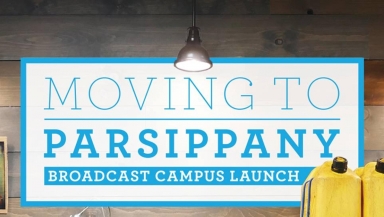
A Christian response to a culture that promotes choice above all else is urgently needed. But we have our own version of the choice culture. We talk about 'church-shopping' when we've moved to a new area, to find the place that 'works for us'. And you only have to scan the shelves of a Christian bookshop to know we're now offered a bewildering array of literature, music and other products, designed to make sure we keep consuming.
The gospel instructs us to subsume our own personal preferences not only to God, but to our sisters and brothers. "Be subject to one another out of reverence for Christ," Paul tells the Ephesians. This is actually the opposite of unfettered choice. It's about limiting our own desires and preferences so that the common good is upheld.
The choice to be able to buy whatever we want, whenever we want, has consequences. Just look at Amazon.com, whose deeply troubling office culture and the affect it has on many employees was revealed by the New York Times. The choice to have a new mobile phone ever year or so and for that phone to have a dizzying choice of features is another example. We in the West may have a vast array of choice – but the workers building smartphones and people in the awful conflict zones where the minerals to create them are mined aren't allowed much choice. In other words, in giving ourselves virtually unlimited choice, our fellow human beings aren't afforded the choice to live in peace and dignity.
What does our faith say here? I find Paul's statement in 1 Corintians 10 helpful. "'All things are lawful', but not all things are beneficial. 'All things are lawful', but not all things build up. Do not seek your own advantage, but that of others."
In other words, yes, we have more choice than ever before in history. But it might not be good for us, for our world or our fellow humans. That should give us cause to stop, think, and reject maximum choice as the only way we can negotiate our daily lives.










